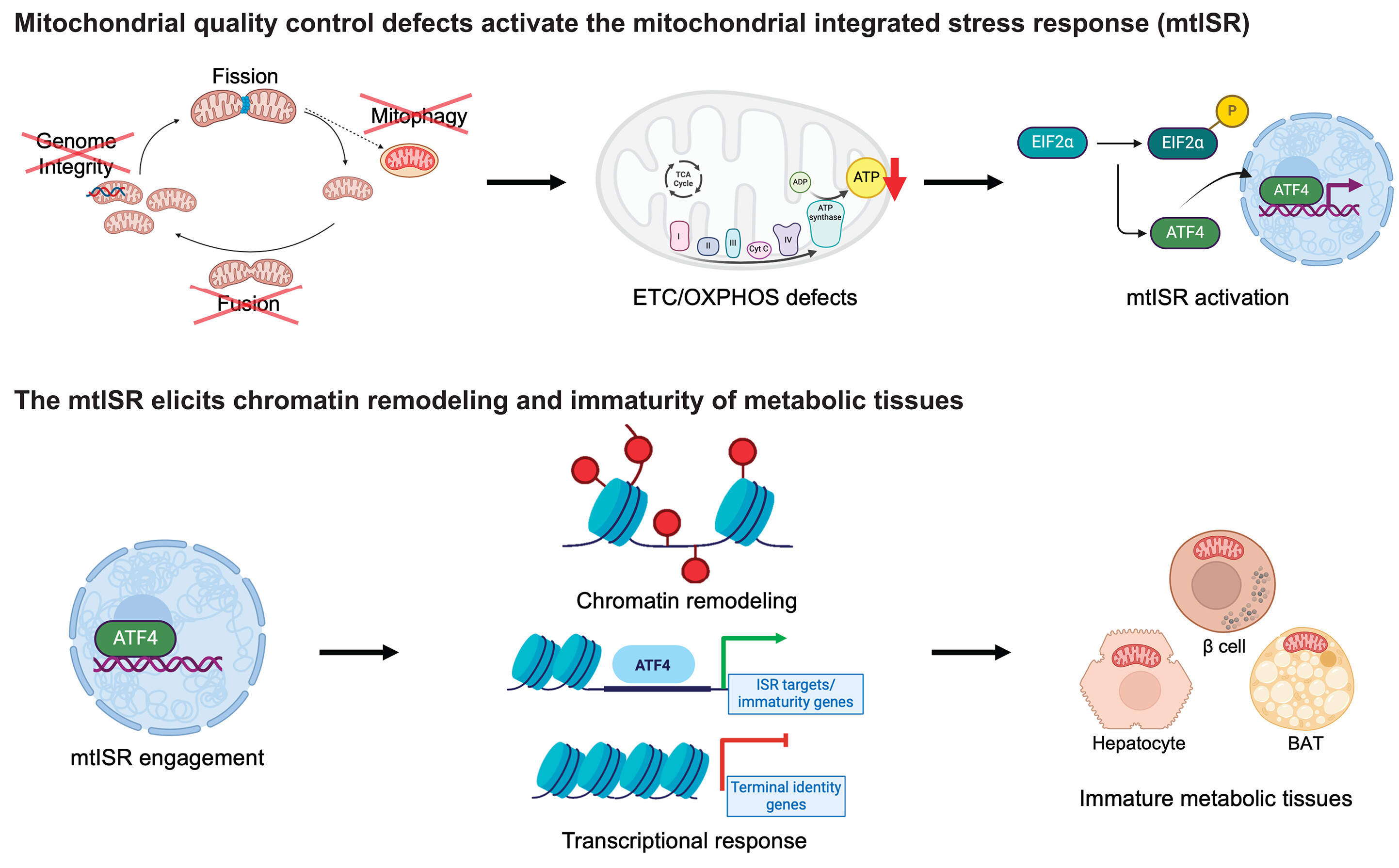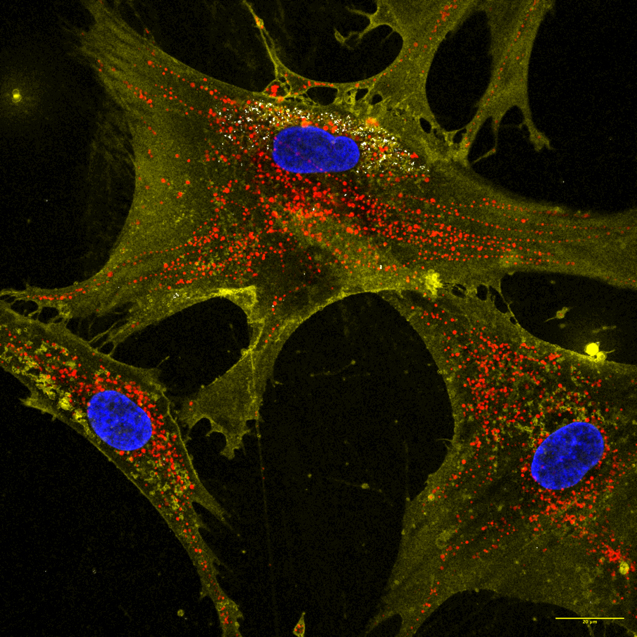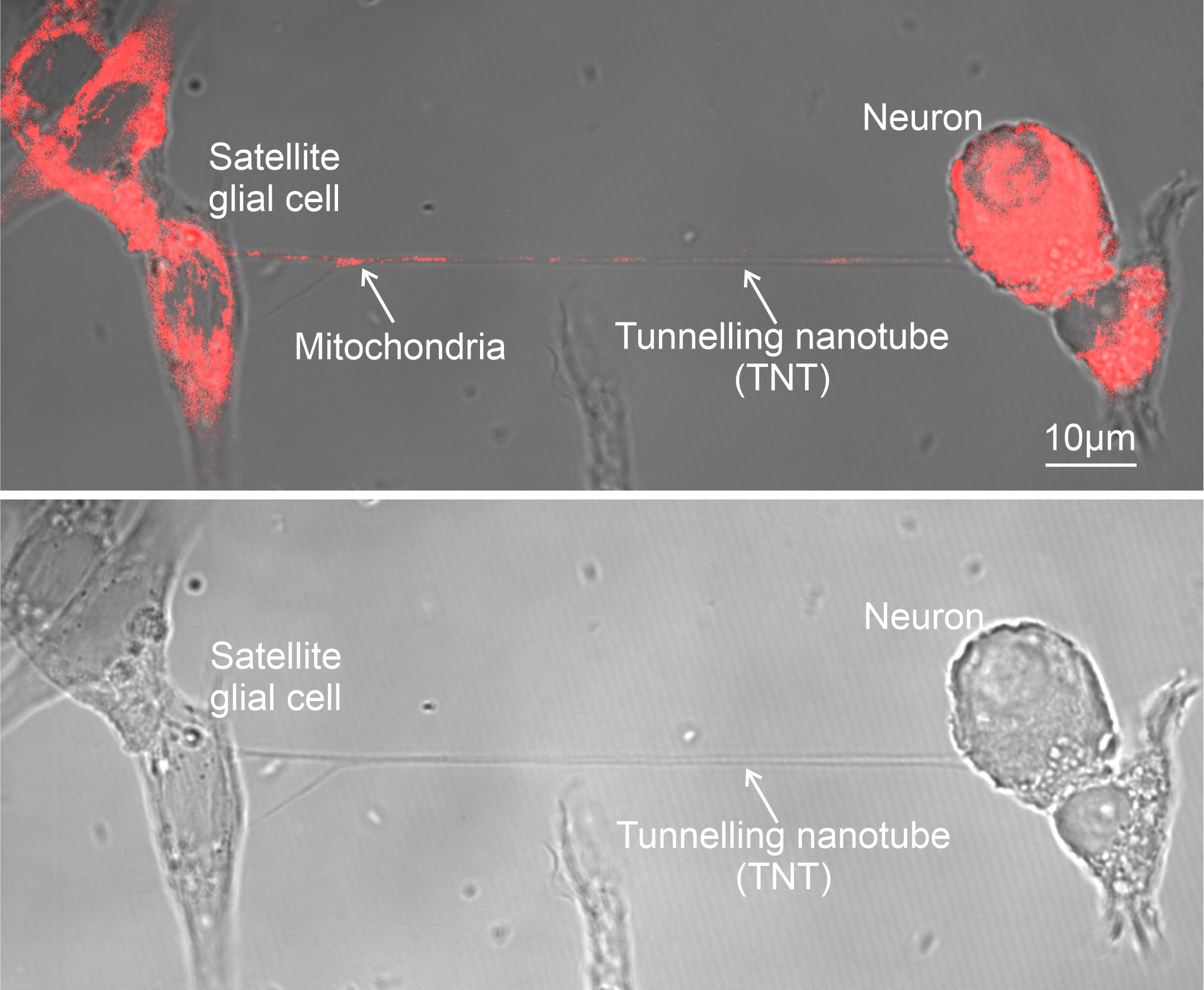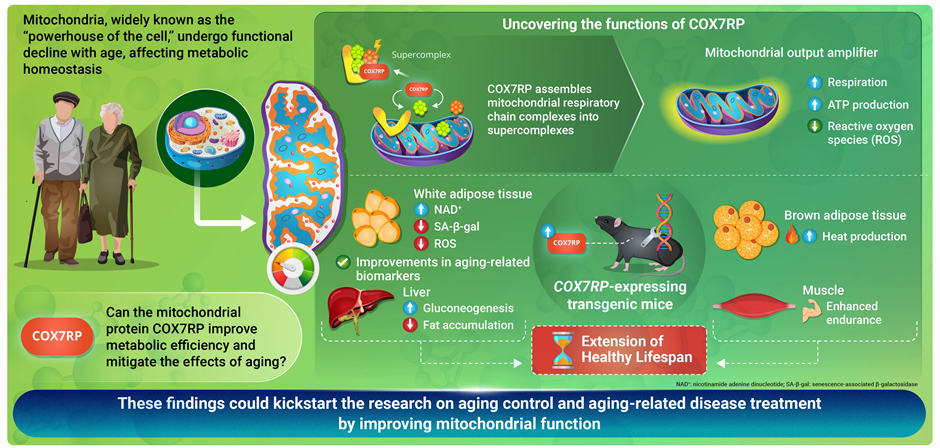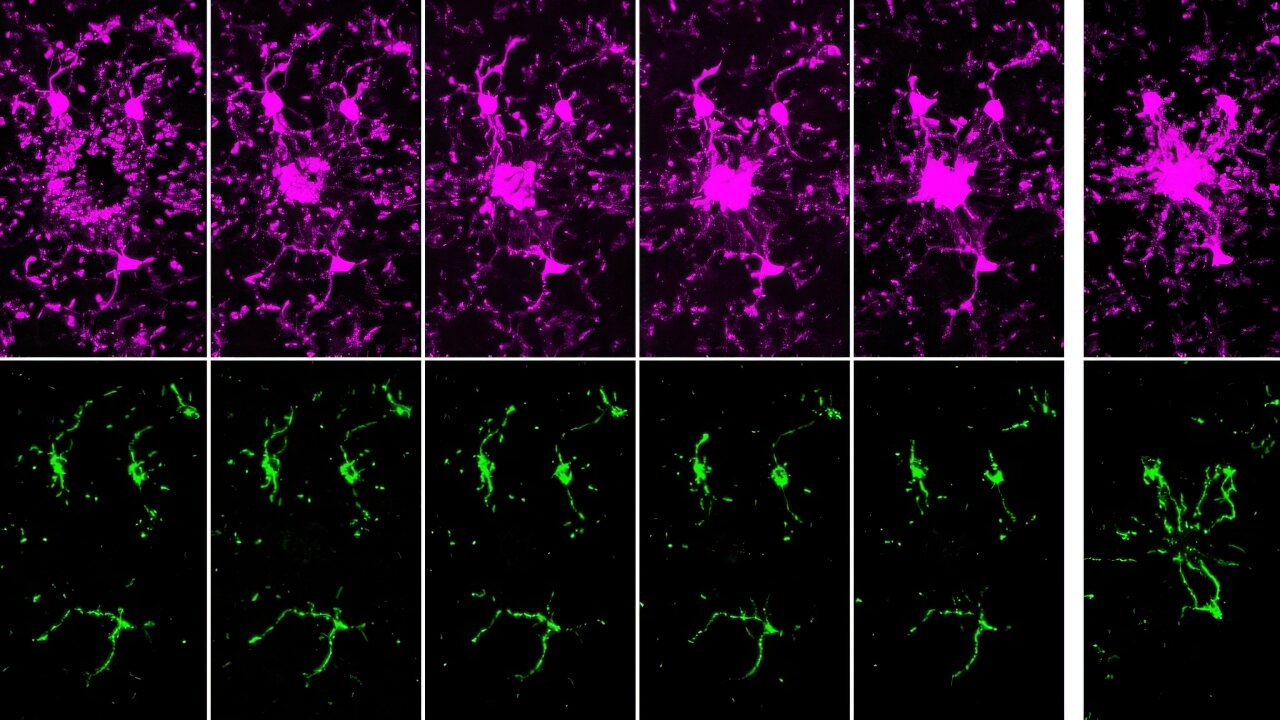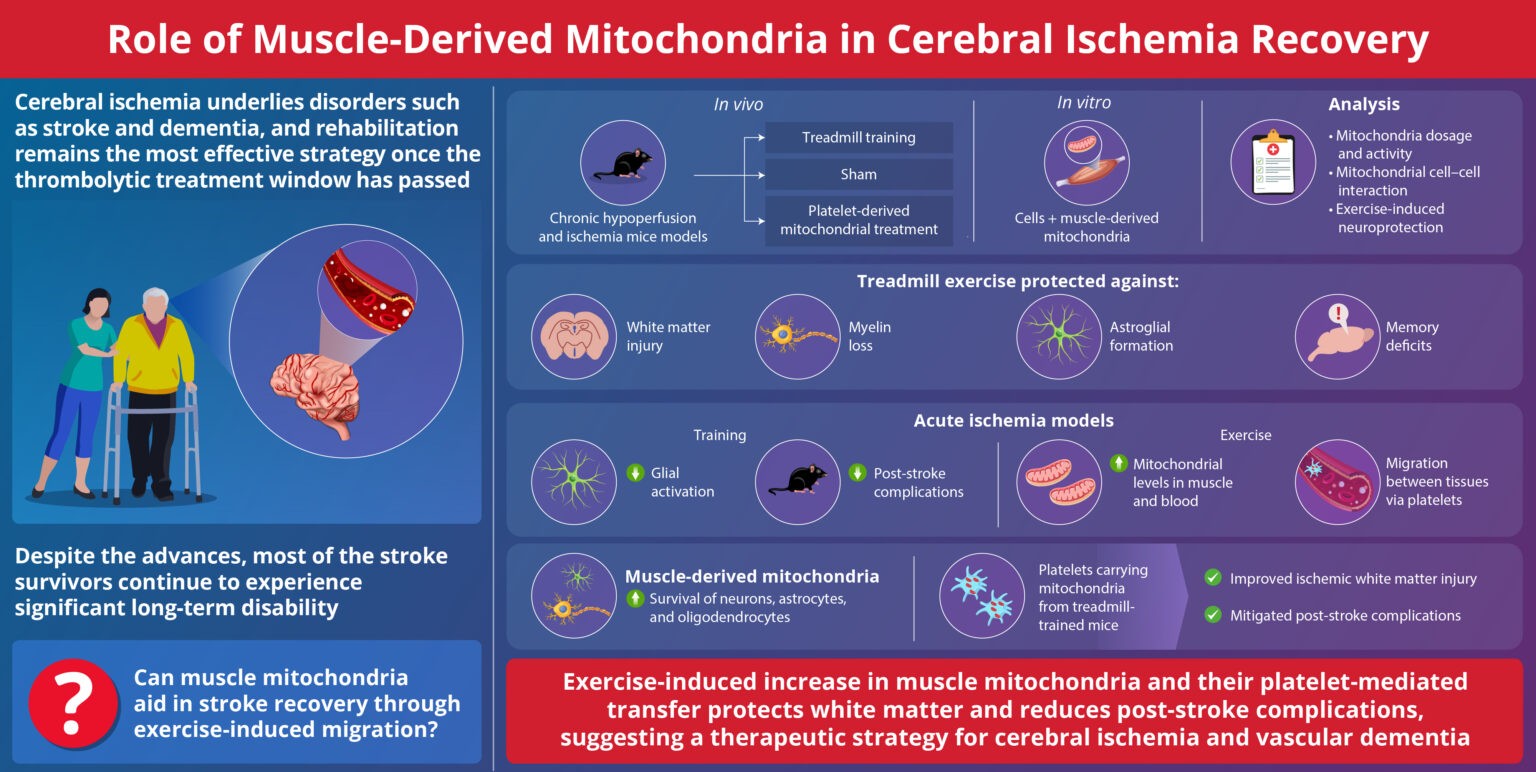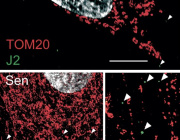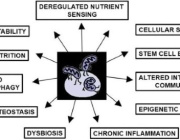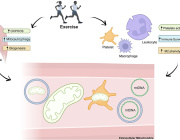Mitochondrial Extracellular Vesicles: Promising Therapeutic Strategy for Neurological Diseases
A recent paper by Dr. Stefano Pluchino, University of Cambridge and invited speaker at Targeting Mitochondria 2024, in collaboration with colleagues from the University of Duisburg-Essen, highlights the transformative potential of extracellular vesicles (EVs) in treating neurological diseases, providing a comprehensive overview of their versatile mechanisms and therapeutic promise.
Extracellular vesicles (EVs) are naturally occurring membrane particles that play a crucial role in cellular communication. Unlike traditional pharmacological treatments that target specific signaling pathways, EVs offer a multifaceted approach by modulating complex disease processes through various effectors. This unique capability positions EVs as powerful agents in promoting brain tissue recovery.
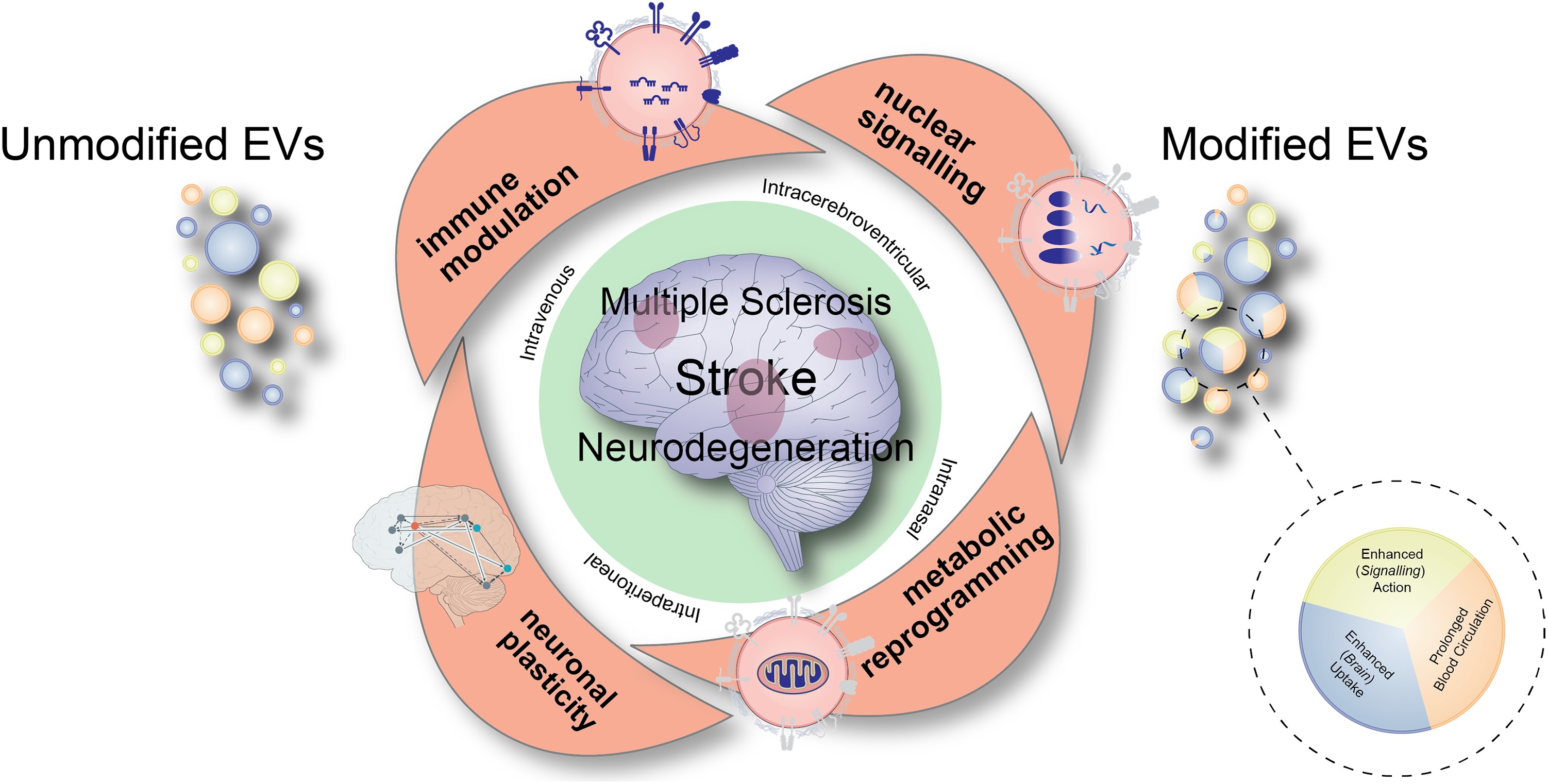
Cartoon summarizing major modes of actions of extracellular vesicles that are therapeutically administered via different routes in diverse disease conditions including stroke, multiple sclerosis or neurodegenerative diseases. The different modes of action, which comprise immune modulation, nuclear signalling, metabolic reprogramming and promotion of neuronal plasticity, synergistically contribute to the recovery-promoting effects of extracellular vesicles (EVs). For therapeutic purposes, unmodified EVs are currently evaluated, as well as EVs that have genetically been modified enabling prolonged EV circulation in the blood, enhanced brain uptake or enhanced signalling action, respectively.
The study reveals that EVs derived from different cellular sources can induce significant therapeutic responses in experimental models of neurological diseases. When administered in vivo, EV-based treatments have shown remarkable effects on immune responses, cell metabolism, and neuronal plasticity. This multimodal influence on neuroimmune networks enables EVs to modulate disease processes synergistically and context-dependently, leading to profound neurological recovery.
Dr. Pluchino and his team provide a detailed exploration of how EVs identify cellular targets and transmit signals to recipient cells. They highlight the relevance of these mechanisms in key neurological conditions such as stroke, multiple sclerosis, and neurodegenerative diseases. The review discusses critical pathways that warrant further investigation in specific disease contexts, showcasing the potential of EVs to revolutionize treatment approaches.
The paper also addresses important considerations regarding EV biodistribution and the genetic engineering strategies designed to enhance brain uptake and signaling. These advances aim to maximize the therapeutic efficacy of EVs, ensuring targeted delivery and robust clinical outcomes.
The researchers also outline the future clinical applications of EVs and propose essential information required for the successful translation of EV-based therapies into clinical trials. This forward-looking perspective highlightses the potential of EVs as next-generation therapeutics for brain diseases, emphasizing the need for rigorous scientific discussion and clinical validation.
Dr. Pluchino will be joining Targeting Mitochondria 2024 this October to develop this topic with a talk entitled "Mitochondrial Extracellular Vesicles: Orchestrating Brain Plasticity and Recovery".









